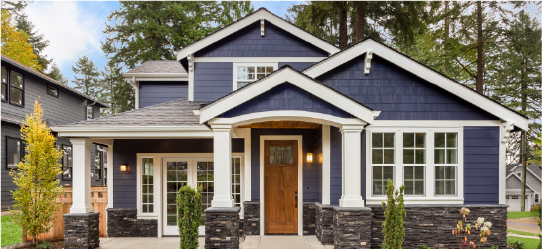Medicaid Basics

What is Medicaid?
Medicaid is a federal and state program that provides healthcare coverage for a variety of individuals and families with limited income and resources, including the elderly, blind, and disabled. In fact, Medicaid pays for over 40% of long-term care costs in the United States.
What Does Medicaid Cover?
In the context of long-term care, Medicaid covers the entire cost of care, including room, board, pharmacy, and incidentals, minus a small co-pay in some cases.

Medicaid's Requirements
In order to qualify for Medicaid, applicants must meet strict eligibility requirements, which vary by state. Fortunately, when you work with a qualified Medicaid planning professional, they will help you navigate these rules.
Non-Financial Requirements
To meet the non-financial requirements for long-term care Medicaid, you must be:
- A U.S. citizen or qualified non-citizen
- Age 65 or older, blind, or disabled
- Residing in a Medicaid-approved facility

Financial Requirements
Income In most states, the Medicaid recipient's income must be less than the cost of the nursing home. Since the monthly bill is typically $8,000 or more, most seniors easily meet this requirement. For married couples, the healthy spouse has no limit on their income.
LEARN MORE ABOUT INCOME >Assets In most states, the Medicaid recipient can keep $2,000 in countable assets. For married couples, the healthy spouse is able to keep a much larger amount. This allowance varies greatly by state but can exceed $100,000 in many cases.
LEARN MORE ABOUT ASSETS >Gifts Some applicants may be tempted to give away assets in order to meet these requirements. However, Medicaid has rules against this and will delay eligibility for a certain period if the applicant or their spouse made any gifts in the previous five years.
LEARN MORE ABOUT GIFTS >Is Medicaid Planning Right For You?
Explore More Medicaid Planning Topics

Medicaid
Planning

An Introduction to Medicaid

Medicaid Asset Requirements
